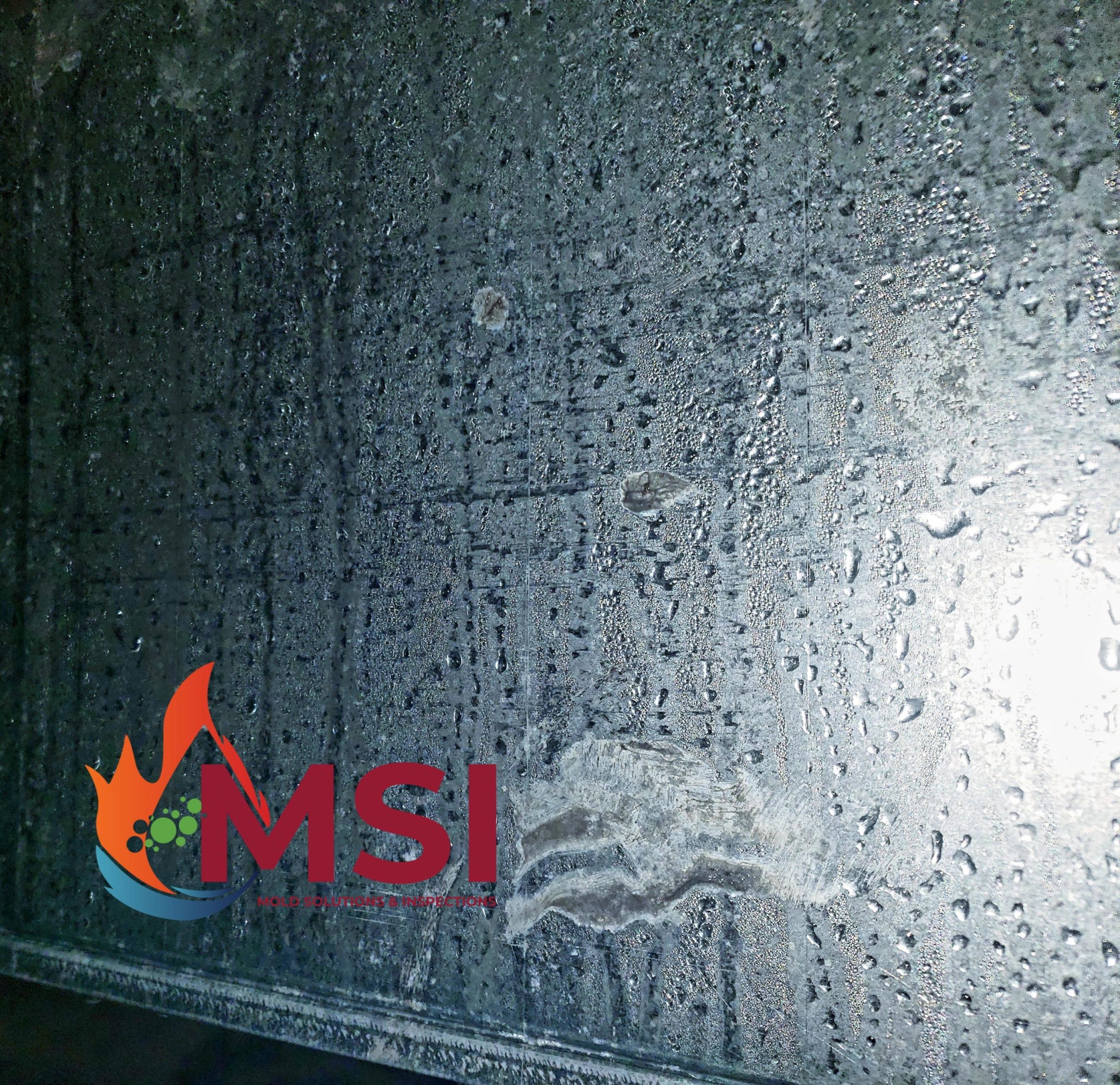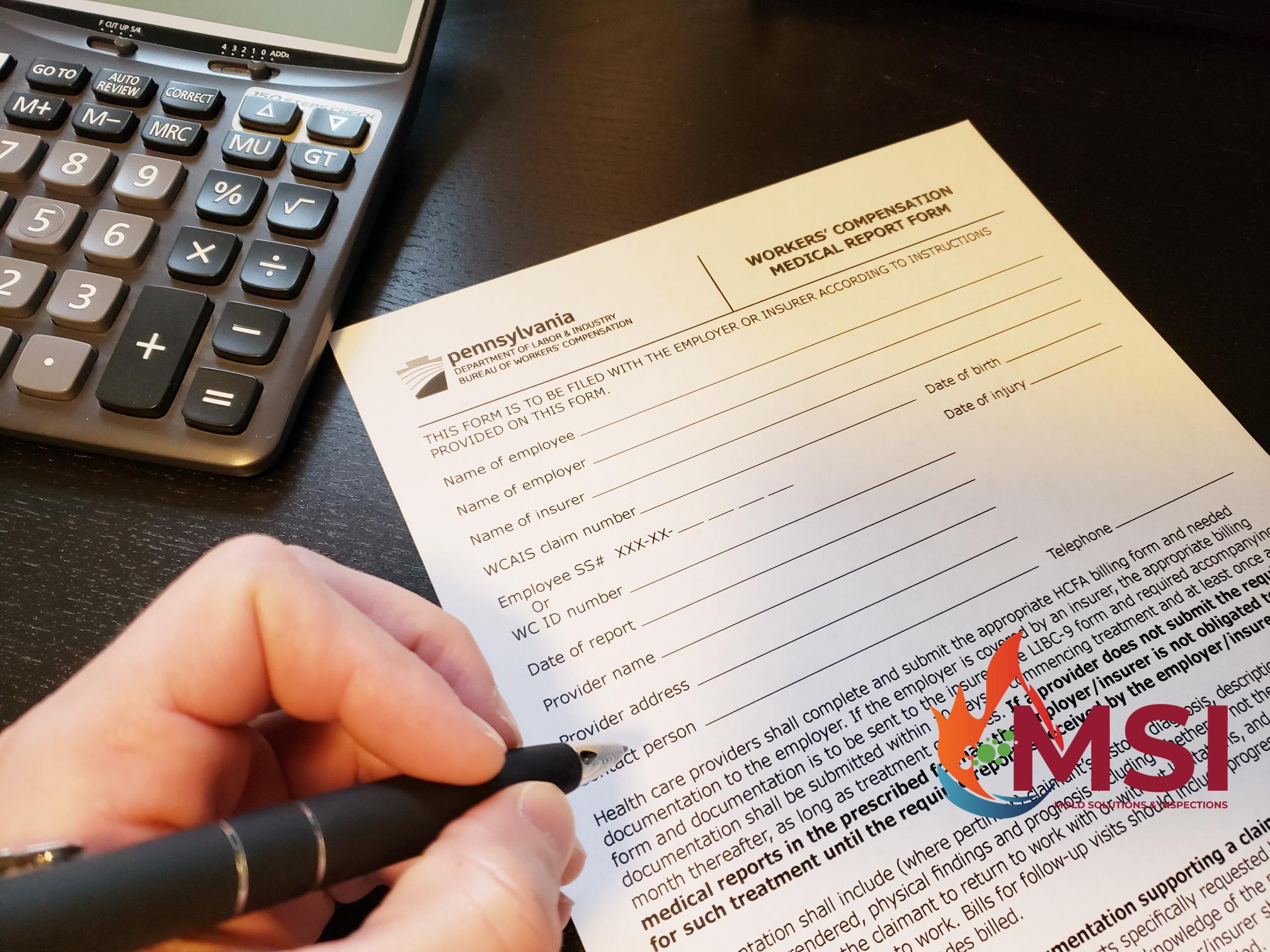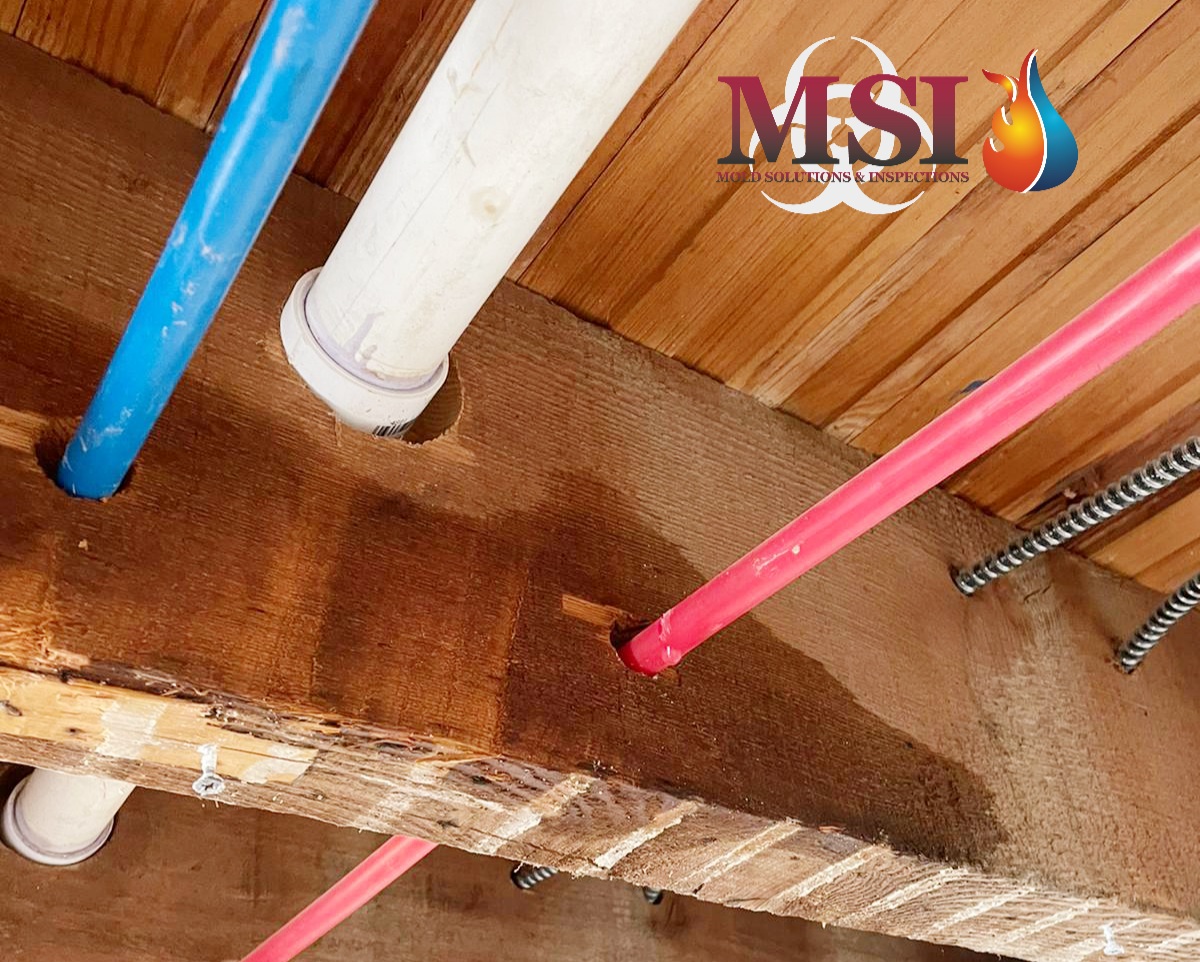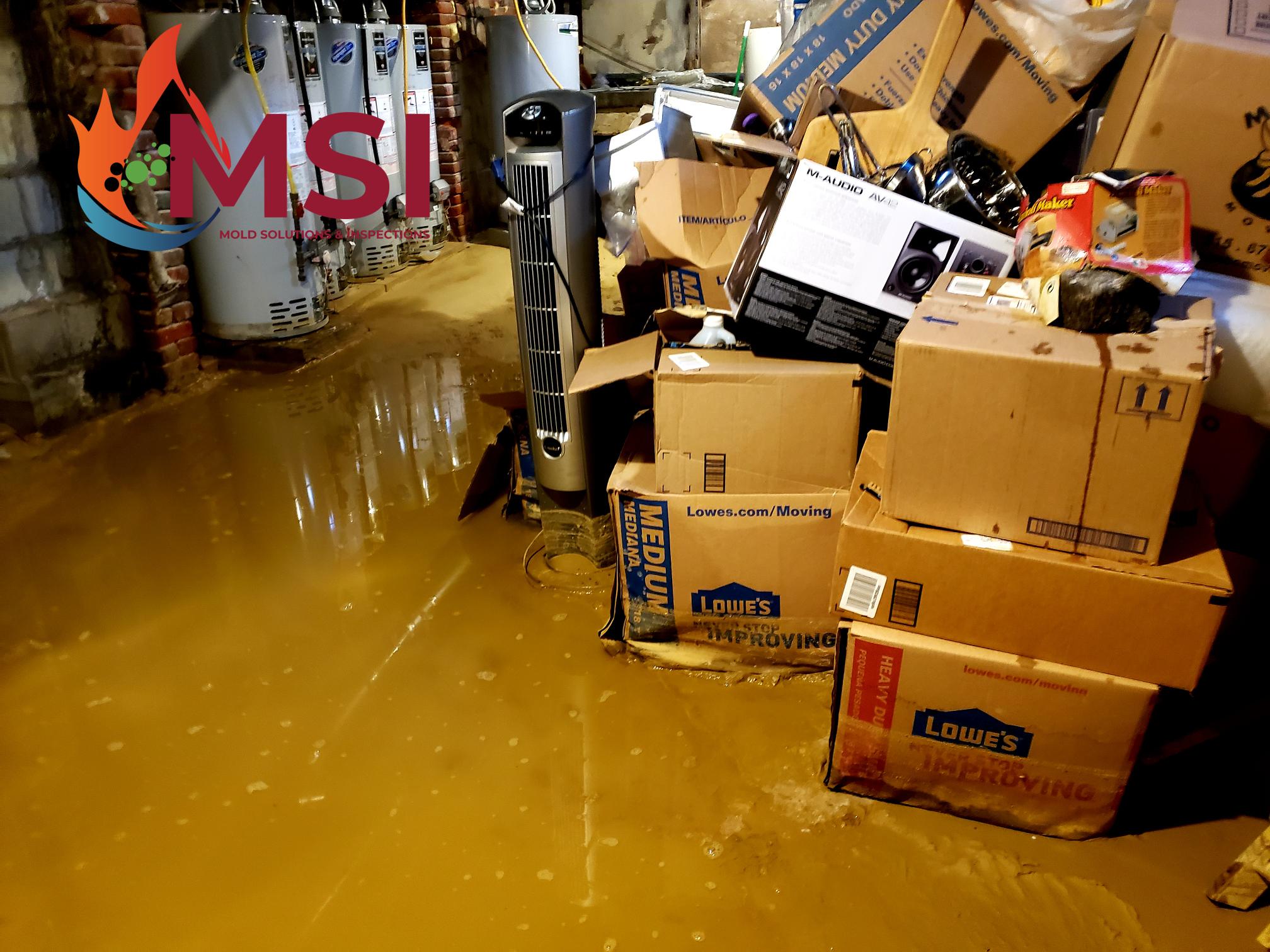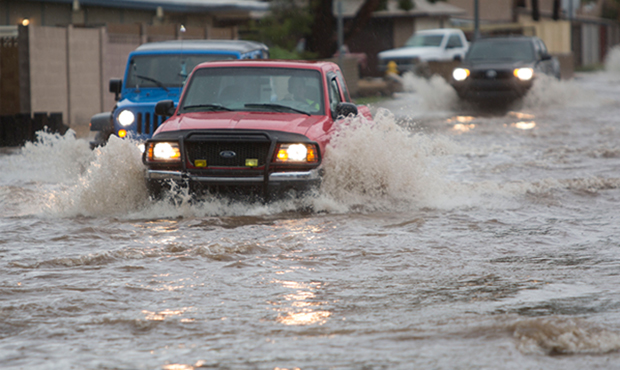While floods are probably best known for causing extensive water damage to homes and businesses, they can also cause sewage from sanitary sewer lines to back up into houses through drain pipes. These backups not only cause damage that is difficult and expensive to repair, but also create health hazards. Avoiding such losses can be as easy as following a few steps listed below:
- Dispose of Grease Properly: Cooking oil should be poured into a heat-resistant container and disposed of properly, after it cools off, not in the drain. Washing grease down the drain with hot water can cause significant problems. As the grease cools off, it will solidify either in the drain, the property owner’s line, or in the main sewer causing the line to constrict and eventually clog.
- Dispose of Paper Products Properly: Paper towels, disposable (and cloth) diapers, and feminine products can cause many problems in the property owner’s lateral as well as in the city main because they do not deteriorate quickly, as bathroom tissue does.
- Replace your line with new plastic pipe: One way to prevent tree roots from entering your line is to replace your line and tap with new plastic pipe. If you still have problems with tree roots growing in your lateral, you may have to have roots cut periodically.
- Illegal Plumbing Connections: Do not connect French drains, sump pumps and other flood control systems to your sanitary sewer. It is illegal, and debris and silt will clog your line. Consult a plumber to correct any illegal connections.
- Install a Backwater Prevention Valve: A backwater valve is a fixture installed into a sewer line, and sometimes into a drain line, in the basement of your home or business to prevent sewer backflows. A properly installed and maintained backwater valve allows sewage to go out, but not to come back in. Property owners are responsible for the installation and maintenance of backwater valves. The cost to install one depends on the type of plumbing in your home or business and the difficulty of installation. Check with a qualified plumber.
Visit our website at biowashing.com


